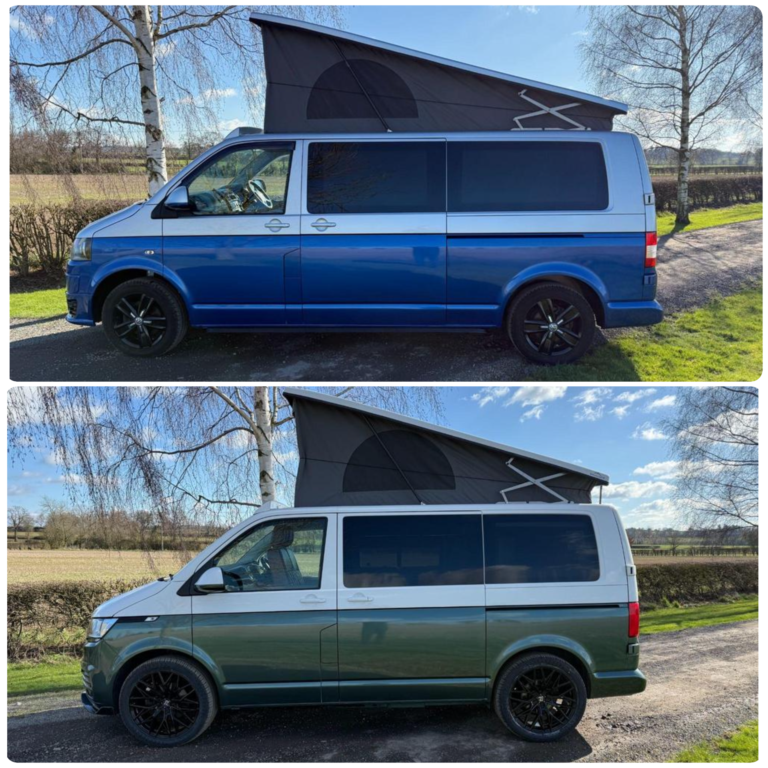The rise of remote work has opened up incredible opportunities for digital nomads, enabling them to combine their professional responsibilities with a sense of freedom. But it’s not always easy. Here’s some tips to make your work life simpler and more enjoyable:
1. Space and Layout
- Opt for a van with a dedicated workspace or a flexible layout that can easily transform into an office.
- Ensure there’s enough storage for your work equipment and personal items.
2. Power Supply
- Invest in a solar power system to provide a sustainable and reliable energy source.
- Consider a dual battery system to keep your devices charged without draining your main battery.
- Keep portable power banks and an inverter on hand for additional power options.
3. Internet Access
- Use a mobile hotspot device with a data plan that suits your needs. Ensure it supports multiple networks to maximise coverage.
- Consider a WiFi booster to enhance signal strength when you’re in areas with weak coverage.
- Have a backup plan, such as a secondary SIM card or data plan, to avoid disruptions.
4. WiFi Finder Apps
- WiFi Map: Helps locate free WiFi hotspots around you.
- OpenSignal: Finds the best network coverage in your area.
- Instabridge: Offers a community-driven list of WiFi passwords and locations
5. Ergonomics
- Invest in a good-quality, portable laptop stand to maintain an ergonomic viewing angle.
- Use a compact, ergonomic keyboard and mouse to improve comfort.
- Choose a comfortable chair or seat cushion that provides adequate support for long hours.
6. Productivity Tools
- Trello or Asana: For project management and task tracking.
- Slack: For team communication and collaboration.
- Google Workspace: For document creation, storage, and sharing.
- Evernote: For note-taking and organisation.
7. Establish a Routine
- Set regular working hours and stick to them as much as possible.
- Designate specific times for breaks and personal activities.
- Plan your travel itinerary around your work schedule to ensure you have time to explore and relax.
8. Creating Boundaries
- Use visual cues, such as a closed laptop or a folded desk, to signify the end of the workday.
- Communicate your work hours to travel companions to minimise interruptions.
- Set boundaries with clients or colleagues regarding your availability.
9. Physical Health
- Incorporate physical activities, such as hiking, yoga, or running, into your daily routine.
- Keep portable exercise equipment, like resistance bands or dumbbells, in your van.
- Prepare healthy meals with fresh ingredients and avoid relying on fast food.
10. Mental Health
- Stay connected with friends and family through regular video calls.
- Practice mindfulness or meditation to manage stress and stay grounded.
- Take time to enjoy the journey, explore new places, and connect with nature.



























































































